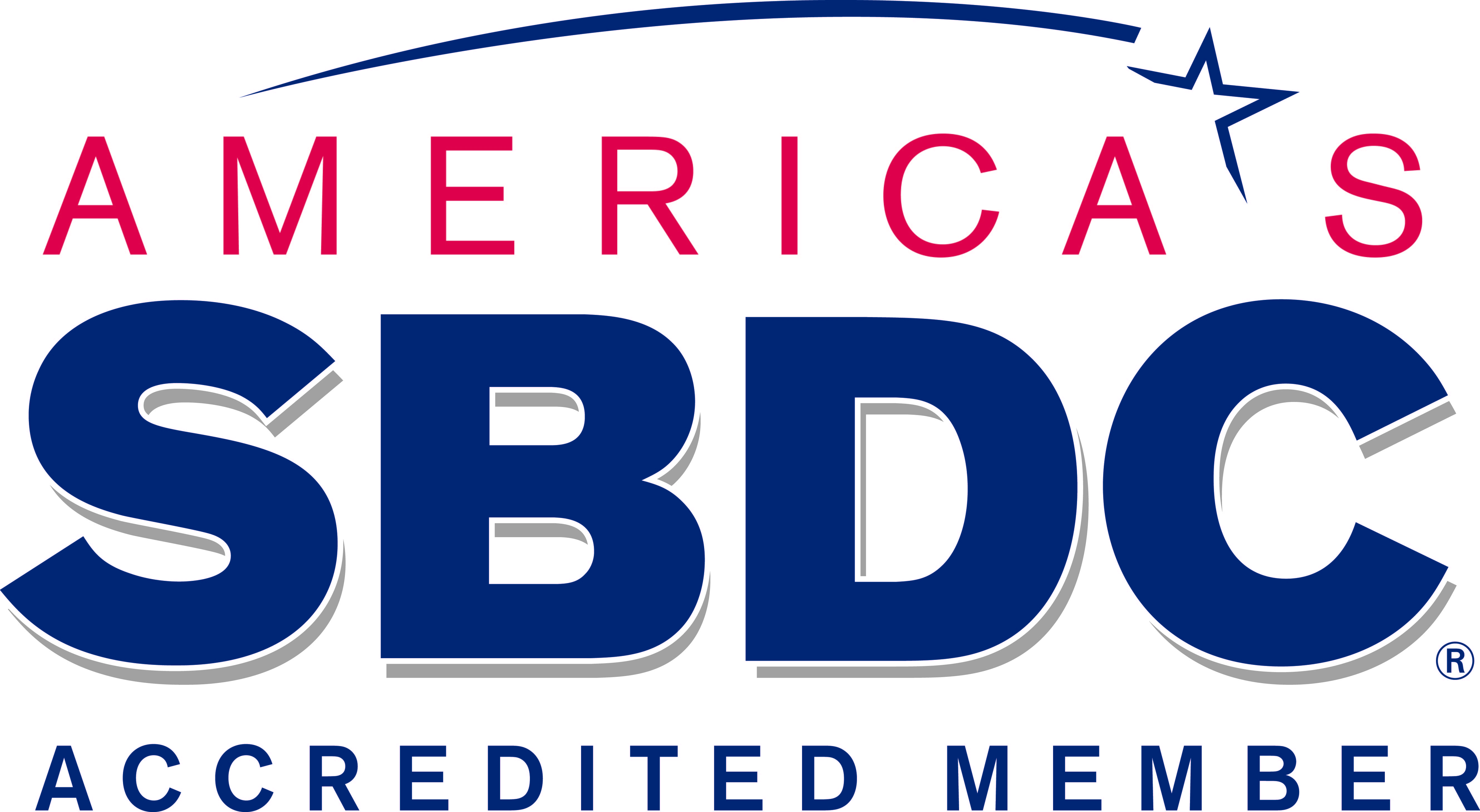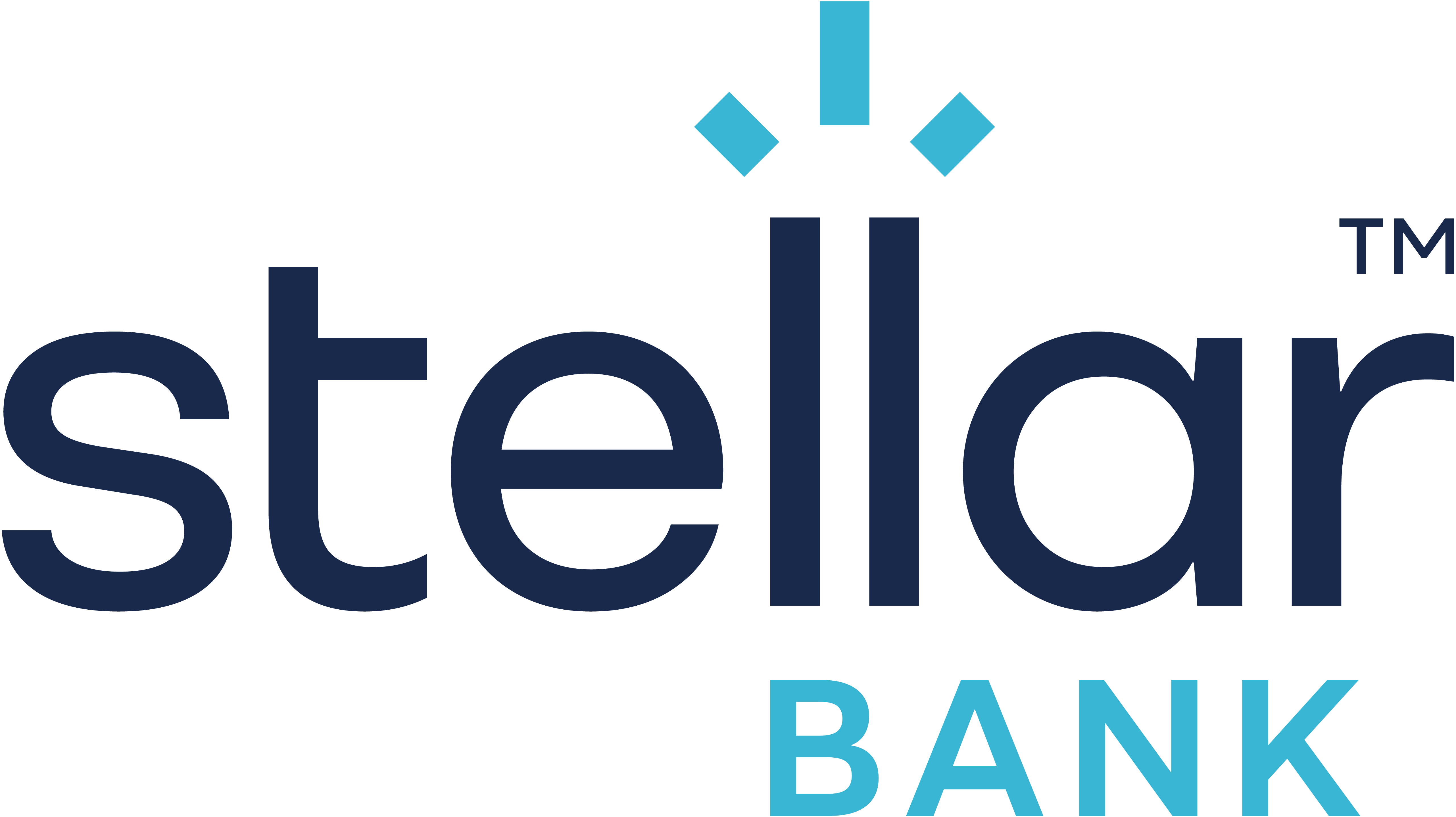Developing a Business Plan: 7 Things to Remember

By: Aries Payne
A business plan offers a solid foundation for building a successful small business. It helps you define your business goals, assess the current market, secure funding from interested lenders, and serves as a handy reference guide for making informed decisions to navigate the challenges that may lie ahead.
If you want to maximize the benefits a business plan can offer, keep the following in mind as you begin developing it.
Have a Clear Business Vision and Mission
Your mission and vision are important elements of your business plan because they set a strong foundation for your business. Your vision should paint a picture of your business's desired future state—what does it aim to achieve long-term? The mission, in contrast, should define your company's purpose, noting the activities and strategies that will drive it closer to your vision.
A clear mission and vision statement can help you make decisions and strategies that align with your business goals, motivate leaders and employees to work toward these goals, and strengthen your brand identity.
Make Sure You Understand Your Target Market and Competitors
Knowing your target market is not enough; you must also understand their demographics, psychographics, needs, and behaviors. These details can strengthen your business plan and inform your marketing strategy and product development in the long run.
It's also important to thoroughly research your competitors and identify their strengths, weaknesses, pricing strategies, and current marketing approaches. This will help you determine how to differentiate your business, identify opportunities, and anticipate and plan for challenges.
Define and Differentiate Your Products or Services
Clearly defining and differentiating your products or services can help you attract lenders. Lenders want to understand exactly what your business offers, and vague descriptions can make it difficult to see the potential. They are also drawn to unique offerings, so noting a clear competitive advantage can increase the appeal of your product or service.
A clearly defined and differentiated offering will also make it easier to develop robust marketing, sales, and price strategies later.
Create a Realistic Financial Plan
The financial section of your business plan is critical for seeking funding. Lenders and investors will assess your financial projections and analysis to understand your business's financial needs, potential, and risk.
But beyond loan applications, creating a realistic financial plan will be key to making informed financial decisions, from resource allocation to pricing strategies. It will also help you anticipate cash flow shortages and develop contingency plans to sustain the business through market changes and economic downturns.
Set SMART Goals
SMART (specific, measurable, achievable, relevant, time-bound) goals have become a standard framework for creating clearly defined objectives. When creating your business plan, you should apply this framework to ensure you develop short- and long-term goals that provide clear direction as you begin working toward your desired business outcomes.
Be Flexible
As you develop your business plan, remember that it is not set in stone and can be changed as your business evolves. Economic changes, market shifts, unforeseen challenges, and new opportunities are a few reasons you may want to revisit and adapt your plan. After all, flexibility is key to navigating the ever-changing business landscape!
A business plan is an important tool for every business, so refining it with the above in mind will ensure you're set up for success—even before you officially launch. Not sure where to start? Schedule an appointment with one of our business advisors for no-cost, detailed guidance today.







